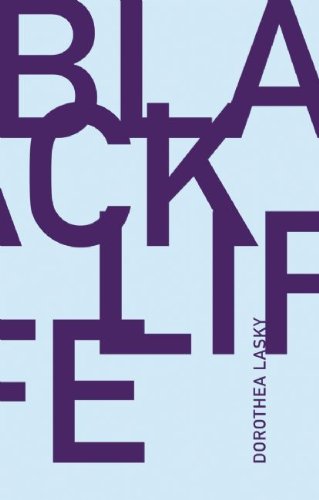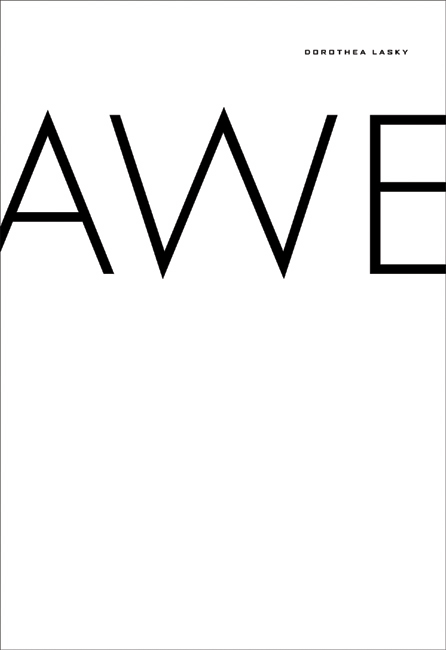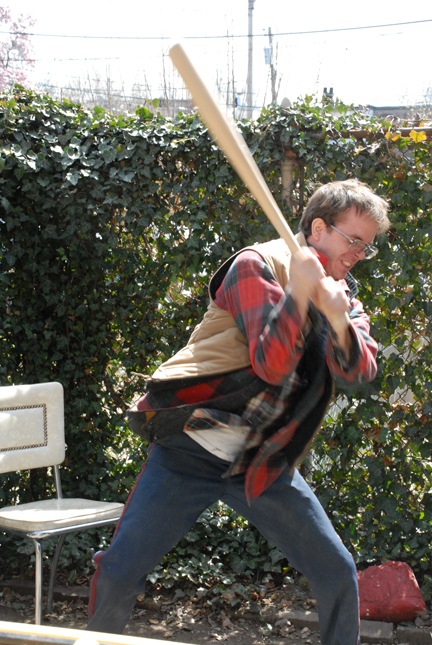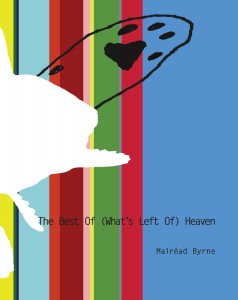I’ve written a short piece for Paper Cuts: “Literary Mourning–Thoughts on Barry Hannah.”
Eschaton Lite

When my sister and I were little, we sometimes played around our house a very loose adaptation of Calvin Ball. Our version involved one of those big Koosh balls that were popular in the late 80s, as well as other objects and toys and so on. We also ran up and down the hallway a lot. I don’t remember who won or how we scored it or whatever. I just remember that we had fun.
I say all of this above in order to set up a very enthusiastic hurrah for these people, who have organized a game of Eschaton in Minneapolis. Anyone else seen this? They seem to be very serious about it. They have an extensive rule book. They are planning ahead a month in advance. They will not bring dogs to the event.
Keith Pille, the author of the rule book to Eschaton Lite, writes on the event wall:
One thing we could do with a month of lead-time: figure out what sort of game-scale works. My half-assed experimentation in the back yard tells me that i can’t throw a tennis ball with much accuracy for more than 30 feet (it also tells me that we shouldn’t have a dog on hand, because she’ll try to catch and run off with our warheads). I’ll do some more experimenting to see what sort of scale/target size would really work for us. I think ideally, you want targets to be hittable but not automatic…
I hope they take pictures or post a debriefing or make a video.
(via @TheLiftedBrow)
Editors: When you’re nominating writing from your magazine for an award or prize, do you always nominate the work you think is the absolute best you’ve published, or do you nominate work that is maybe just among the best but that you feel might match the aesthetics and prior history of the prize or award you’re nominating for? In other words, as an editor, do you target your nominations for the Pushcart Prize and other awards/anthologies in the same way you hope that writers target their submissions to you?
Live Giant! Dorothea Lasky Reads Live From Philly!
You missed the live reading but you can still buy Dottie’s books!


Through midnight tonight, Wave Books has kindly offered half price copies of Dorothea’s fantastic first book AWE (the $7 price will run through midnight, so go now!). Black Life will be released April 1st!
In the meantime, don’t forget to check out the 2010 Wave Books Package, which includes everything Wave will be putting out this year (a package of magic), including Black Life, Mary Ruefle, Michael Earl Craig, a reissue of CA Conrad’s The Book of Frank, and tons more.
Other lame posts
Postmortem examination; postpartum syndrome; postmodern art; post traumatic stress disorder; post apocalyptic movies; post nasal drip; post baccalaureate unemployment; postcard from ex-girlfriend; New York Post; Post, TX; Post cereal; post office.
The Best of (What’s Left of) Heaven
Mairéad Byrne made a survey. I took it. Is it scientific research? Is it a poem? Is it a joke? Is it about couches? Or comfort or people? She wrote a poem in 2006 called “The Good News” that says, like, “The cross between a poem & a carrot is a poem./The cross between a poem & a forklift truck is a poem” — so I guess the survey is a poem. I like to think of it that way as much as I like to think of it as research or a joke. READ MORE >
Paper Cuts has a Living With Music playlist by graphic journalist Joe Sacco, on the occasion of his new book Footnotes in Gaza.
And I’ve got a short double-review of two books about New York: Normal People Don’t Live Like This by Dylan Landis, and Ten Walks/Two Talks by Jon Cotner and Andy Fitch, over at Time Out New York.
Michael Kimball Guest Lecture #5: Language and Sentences
 We are writers. Writers use language. There are lots of things we can do with language. As Robert Lopez says: “I always start with language.” And when he says that, he means his language, his particular language, and that every writer should have their own particular language. Raymond Carver gets at that with this (from “On Writing”): “It’s akin to style, what I’m talking about, but it isn’t style alone. It is the writer’s particular and unmistakable signature on everything he writes. It is his world and no other. This is one of the things that distinguishes one writer from another.”
We are writers. Writers use language. There are lots of things we can do with language. As Robert Lopez says: “I always start with language.” And when he says that, he means his language, his particular language, and that every writer should have their own particular language. Raymond Carver gets at that with this (from “On Writing”): “It’s akin to style, what I’m talking about, but it isn’t style alone. It is the writer’s particular and unmistakable signature on everything he writes. It is his world and no other. This is one of the things that distinguishes one writer from another.”
When I think of language, I think of sentences. As John Banville says: “The sentence is the greatest human invention of civilization.” There are lots of things that we can do with a sentence. We can manipulate the syntax, the diction, the stresses, the tenses, the acoustics, the morphemes and the phonemes, syllables and prefixes and suffixes, the speed, and the length. As Andy Devine says: “The English sentence – because of English syntax – is infinitely expandable.”
We can manipulate objects, subjects, predicates, infinitives, participles, gerunds, phrases, clauses, and determiners. We can manipulate articles, nouns, verbs, adjectives, adverbs, conjunctions, and prepositions. Joseph Young says: “Articles propel the sentence, push it off and keep it moving.” Stephen King says: “The road to hell is paved with adverbs.” Joseph Brodsky says: “Don’t use too many adjectives.” Andy Devine says: “Adjectives are not as bad as adverbs.”
For instance, I like to structure sentences around articles and conjunctions and prepositions—the more perennial parts of language—so that my narrator has a singular way to speak. And I like to move prepositions to the end of the phrase or the end of the sentence. That was one of the first sentence things that I figured out for myself. It’s not what we’re taught to do, but it is still quite obviously English, and it creates a kind of semantic link in the sentence—and this vaguely unsettling feeling.
New Action Yes is live, with a shitload of the good, including Juliet Cook, Peter Davis, Christopher DeWeese, Justin Dobbs, Claire Donato, Daniel Borzutzky, and a slew of speech. Eat it.

